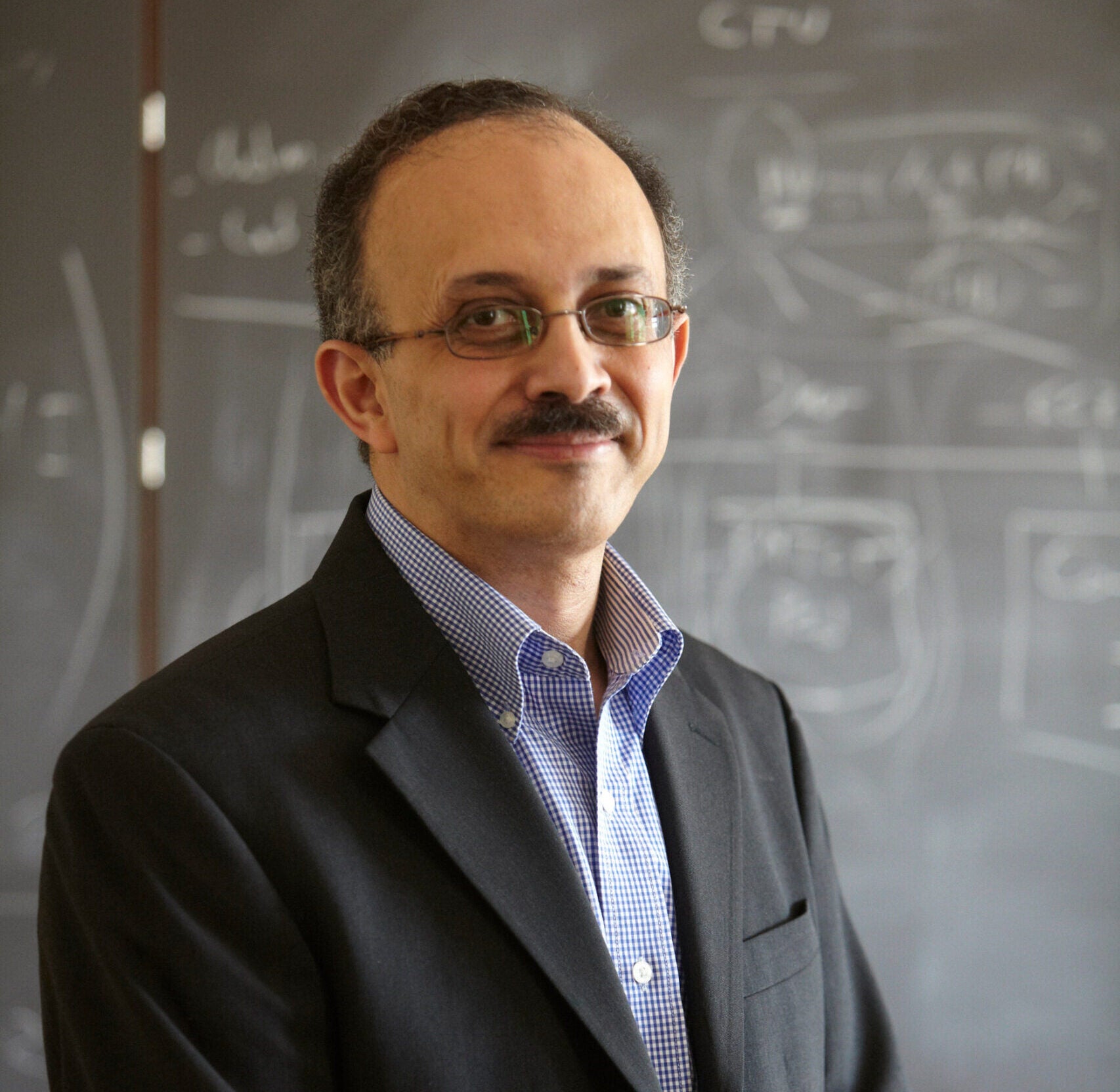Department of Epidemiology
Learn how we advance public health globally by researching the frequency, distribution, and causes of human disease, and shaping health policies and practices.
677 Huntington Avenue
Kresge, 9th Floor,
Boston, MA 02115
Nutritional Epidemiology
Through courses in the Departments of Epidemiology and Nutrition, students in this area receive rigorous training in epidemiology, biostatistics, and the biological aspects of nutrition.
Nutritional epidemiology examines how diet and nutrition affect health outcomes in populations, exploring links between dietary patterns and diseases like obesity, diabetes, cardiovascular disease, and cancer. Through research, the field informs public health recommendations and nutrition policies to promote healthier eating habits.
Through courses in the Departments of Epidemiology and Nutrition, students in this area receive rigorous training in epidemiology, biostatistics, and the biological aspects of nutrition. Through formal coursework, seminars, exams, and dissertation research, master’s and doctoral students acquire in-depth knowledge of nutritional assessment methods and the determinants of disease, including metabolism, physiology, and molecular genetics.
Highlights from the program include:
- Learn to critically evaluate the strengths and weaknesses of nutritional assessment, develop advanced quantitative skills for analyzing the relationship between diet and disease, and gain experience in creating research proposals by integrating nutrition and epidemiologic concepts
- Research opportunities are available using large prospective studies, exploring links between dietary factors and chronic diseases (such as cardiovascular disease and cancer), the role of gene-nutrition interactions, and the impact of nutritional supplementation on infectious diseases and malnutrition
- Refine skills in scientifically communicating their research, both orally and in writing. The overarching goal is to prepare students to lead investigations into the complex relationships between diet and health outcomes.
Learn more about our faculty below:









